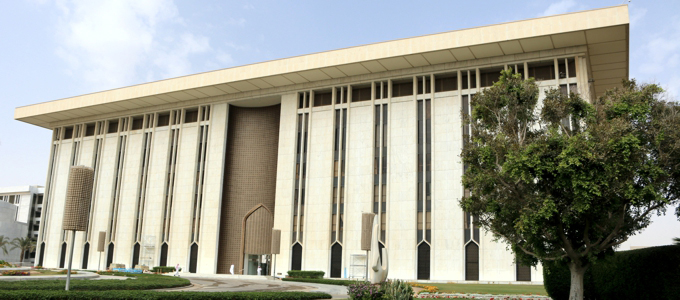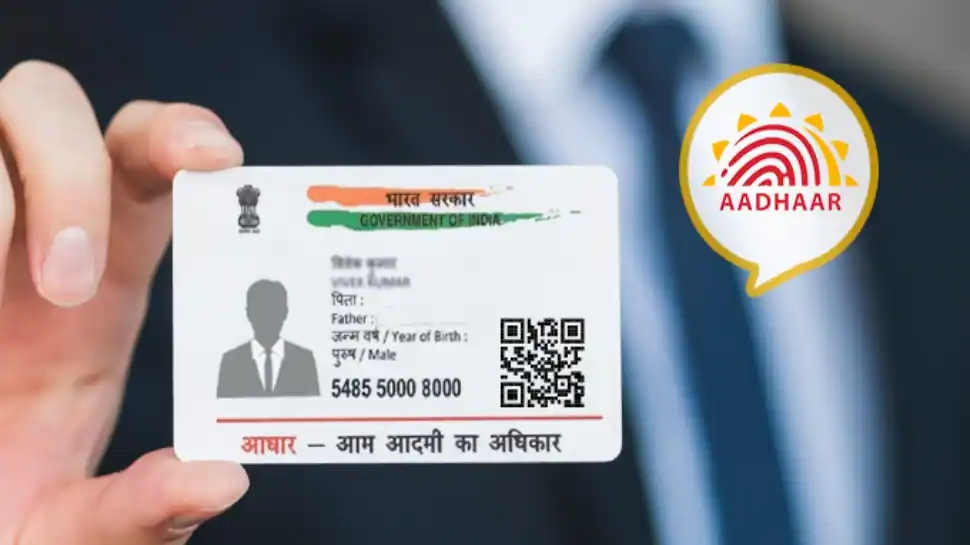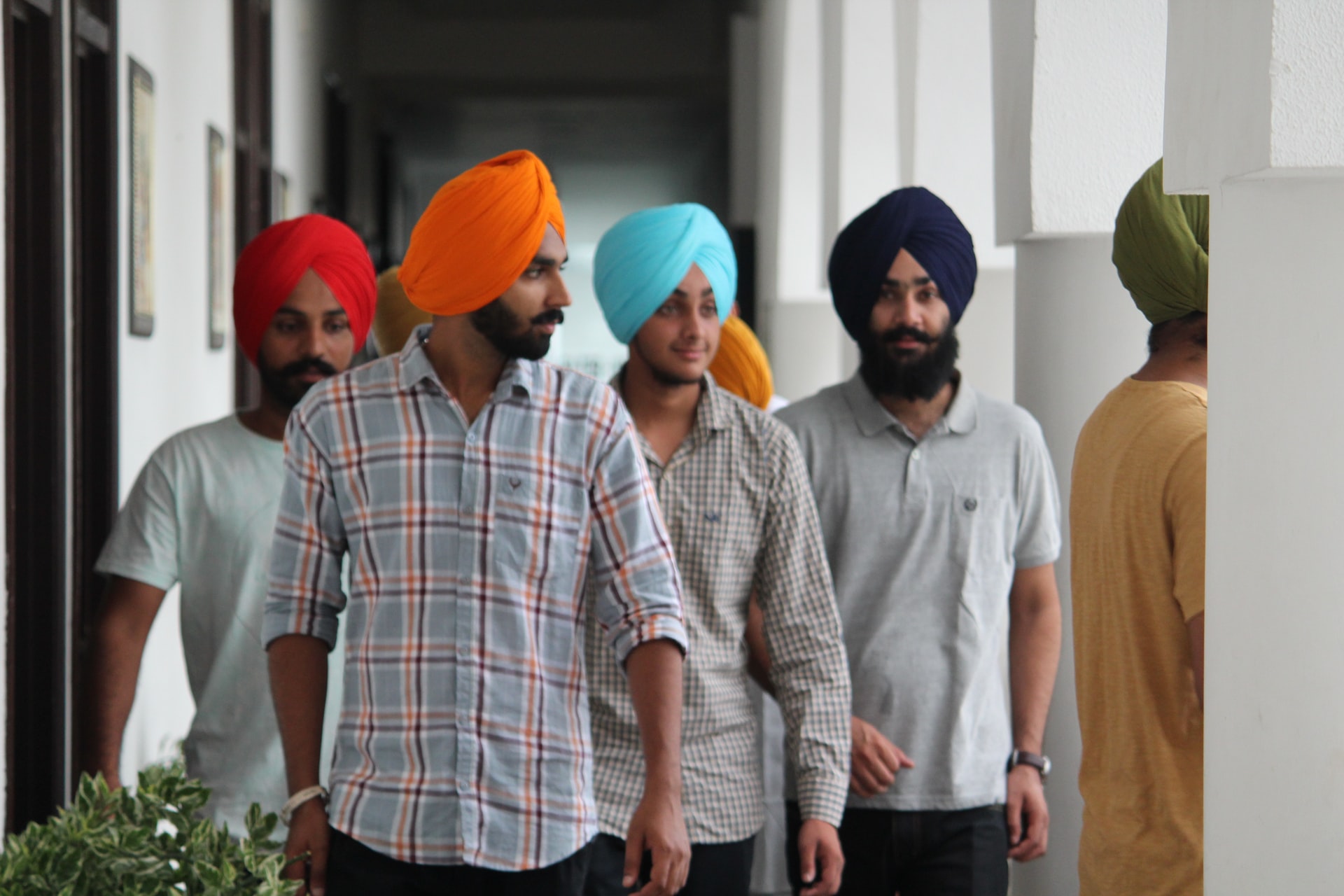The Karnataka government’s ambitious Grama One initiative that seeks to eliminate intermediaries and provide various departments’ services in the rural areas of 12 districts will be launched on Republic Day.
Karnataka is one of the five southern states in India. With Bangalore as its capital, the state's official language is Kannada.
The proposed centres will be similar to Bangalore One and Karnataka One and would facilitate a single-window interaction between citizens and the government.
Chief Minister Basavaraj Bommai held a virtual meeting on Monday to review the initiative’s launch preparations.
“It will be implemented in 12 districts of the state from January 26. About 3,000 Grama One service centres will be opened for the purpose,” he said.
“For now, it will be launched in 12 districts and it will cover all the districts in the coming days. I have instructed the officials to ensure that services of prominent departments should be made easily available for people in rural areas,” he added.
With 61,130,704 inhabitants at the 2011 census, Karnataka is the eighth largest state by population, comprising 31 districts. The state covers an area of 191,791 square kilometres (74,051 sq mi) or 5.83 per cent of the total geographical area of India. It is the sixth-largest Indian state by area.
The government will launch Grama One centres in Bidar, Koppal, Ballari, Belagavi, Haveri, Vijayapura, Davangere, Shivamogga, Tumakuru, Chikkamagaluru, Udupi and Kodagu districts in the first phase.
“About 100 services related to revenue, food, health and labour departments will be available through Grama One service centres. They will be provided with uninterrupted power and internet connectivity.”
“Now people don’t need to visit government offices at taluka and district levels as they can avail of the services at Grama One offices. Grama One is envisaged to be a single-point assistance centre for all citizen-centric activities at the village level,”
an e-governance department official working on the project said. The official added the services include banking services and facilities for filing RTI queries.
‘Grama One’ service was launched in 100 villages in Davanagere district as a pilot project in November last year.
The government wants to streamline the system where citizens can save time and money by availing services through these centres, open every day from 8 am to 8 pm.
The state government is also planning to add more services in the coming months, including micro banking.
“Apart from these services, the centres will also serve as a platform for registration for skill development training for youth. Through ‘Grama One’, all the work can be done at the village level itself,”
the official added.
There are 146 government-owned and 32 franchisee-owned ‘Bangalore One’ centres in Bengaluru. ‘Bangalore One’, ‘Karnataka One’ centres and the respective websites are conceptualised to electronically deliver services of various government departments and private companies under one roof in a citizen-friendly manner.
The first ‘Bangalore One’ centre was launched on April 2, 2005. The Directorate of Electronic Delivery of Citizen Services, DPAR (e-governance), maintains Bangalore One and Karnataka One centres in 17 cities across Karnataka.
Karnataka is not the only Indian state with access to citizen service centres across rural areas. Kerala, the southernmost state in India, launched its first citizen service centre named ‘Friends’ in Thiruvananthapuram, the state’s capital city, as early as 2000. Friends was a crude acronym for Fast Reliable Instant Efficient Network for Disbursement of Services. It soon got replicated in all 14 district centres. Later, the state government started offering the services through Akshaya Centres, primarily opened as e-literacy hubs in all grama panchayat and municipal wards. These wards are the primary constituencies of local self-government (LSG) institutions. Although Bangalore, the capital city of Karnataka, is almost akin to India’s IT capital, rural Karnataka never enjoyed the same quality of services Kerala’s LSGs offered.






Comments